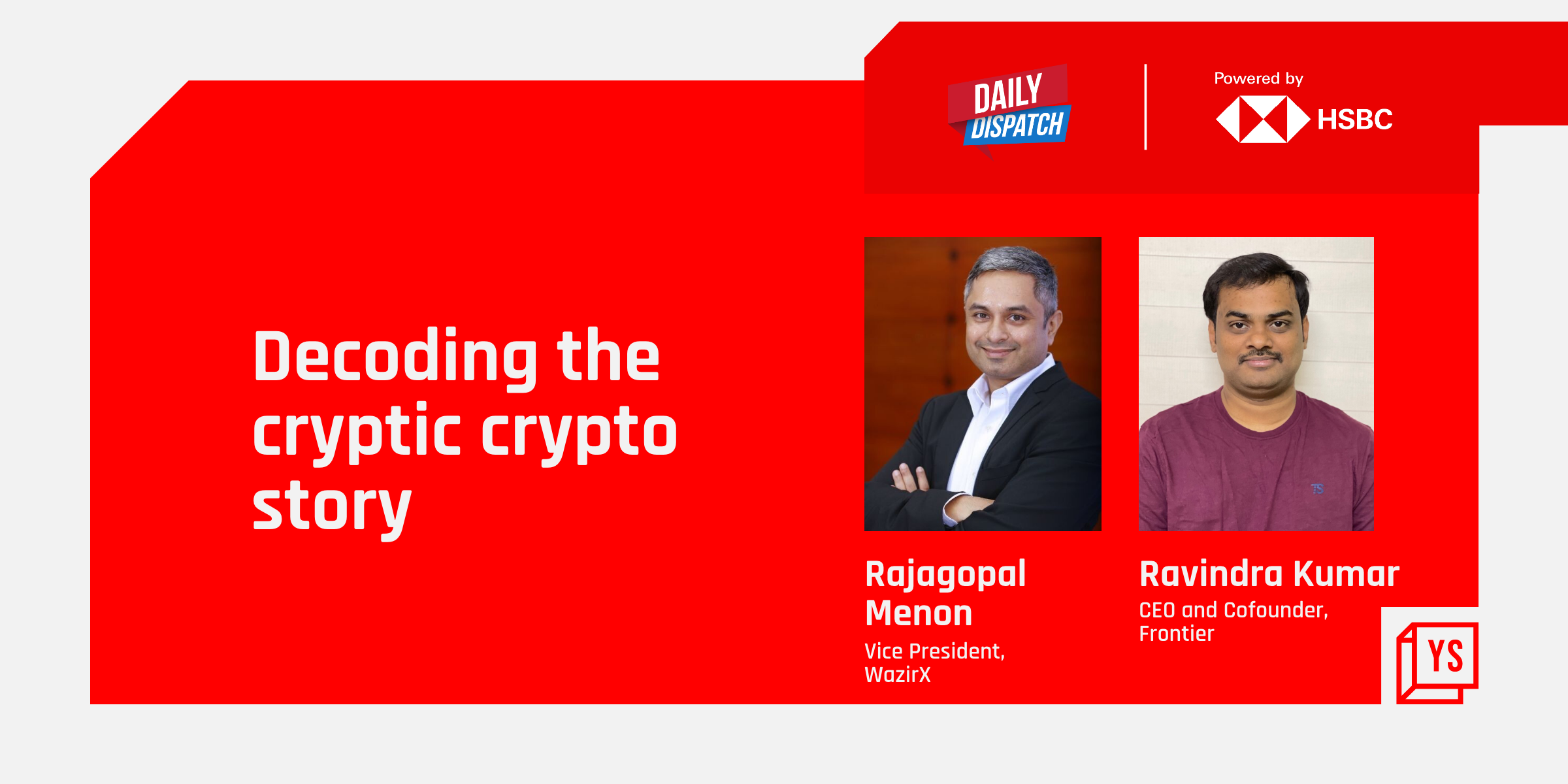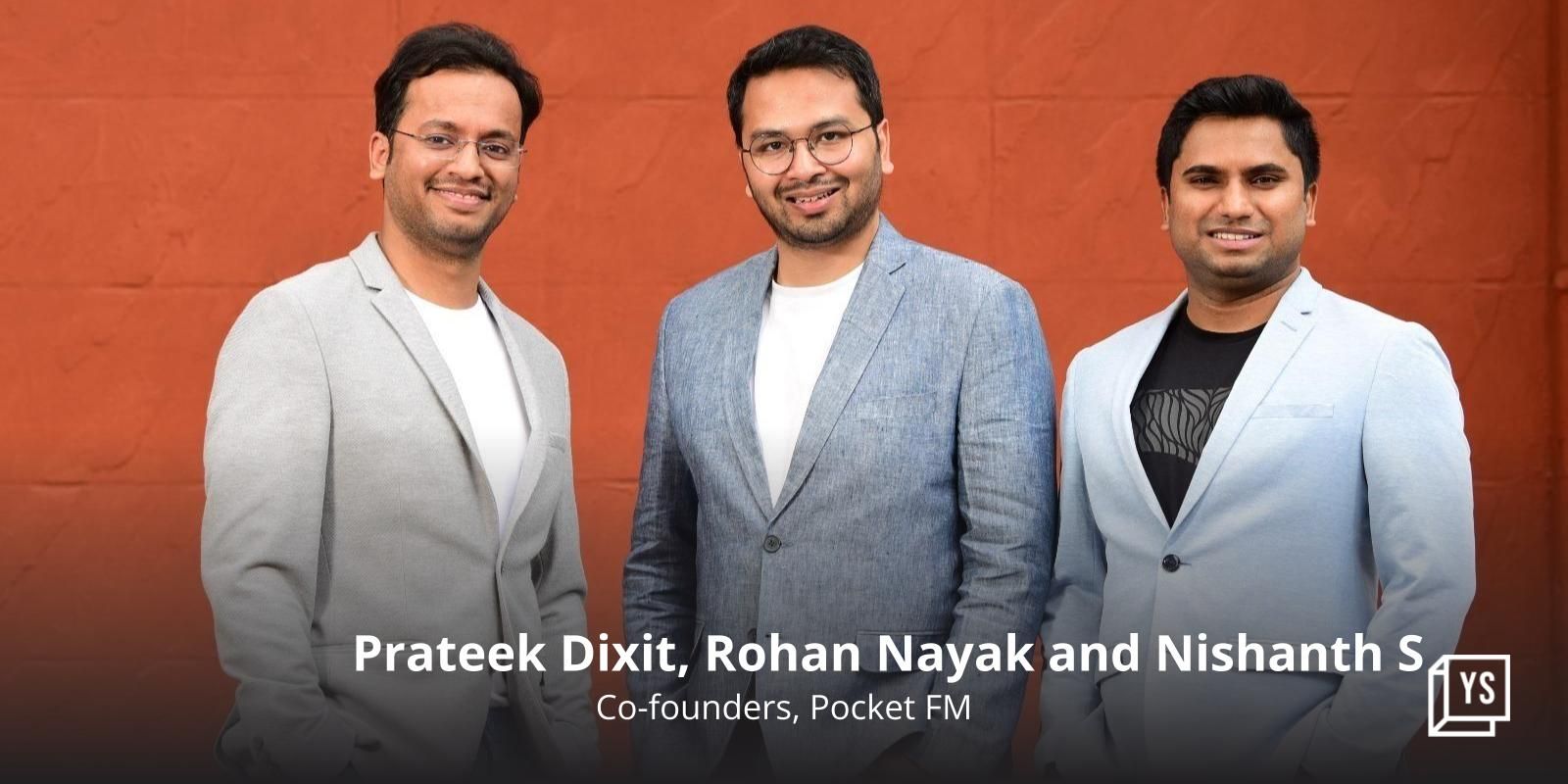Facebook, Cafe Coffee Day, and the Compromise of Core Value Proposition
Recent policy updates by two large brands surprised me. I began to wonder if they were sacrificing consumer proposition for money or efficiency.
You know about the first one. It’s the small ‘promote’ link below a status update or a post that you put up when talking about a page. Pay to make yourself heard better, seems to be the play here.
Facebook provides multiple options to pay for a promotion, and has customized pricing for countries. I noticed that the price I would need to pay is listed as 0.30 USD, with one of the payment options being the use of my mobile subscription. When I chose that, the price was listed as Rs. 99/- and it used 3 Facebook credits.
Let’s leave aside the obvious conversion flaw here. Hey Facebook/Airtel - can one of you explain this to me? USD 0.30 should be about Rs. 15/-, taking 1 USD = Rs. 50/-. Your conversion makes this closer to 2 USD.

What surprises me is that I could pay for people to read my updates.
I understand brands being able to promote their posts. There has been angst about the amount charged, but the logic is clear. Facebook posts are marketing and brand building. Ergo, pay from your marketing budgets.
But charging individuals – that feels weird, doesn’t it?
Now, I know Facebook has been making several attempts to build its moneymaking credentials. Investors are relentless in their cawing for profits and monetization strategies.
But the ‘promote’ strategy seems strange precisely because it goes against the core proposition for Facebook.
The core consumer proposition of Facebook is similar to that of a college canteen. You visit a canteen to relax and have fun. You sit with a friend at the canteen, and a friend of his walks over. He gets invited to the table and soon he’s your friend. You have a group of buddies, some close, some not very, but you regularly hang out at the canteen with them.
You discuss anything that you think of - what’s happening in class, who’s going around with whom, an article from a newspaper, a hot celeb’s new photo, pictures from a college event or places you visited over summer or gather to fight an injustice – the exam paper had three questions ‘out of syllabus’. Let’s get together and complain to the dean!
For some intimate topics, you keep it to a small group of friends. For others, you don’t mind who’s listening in, whether they are friends or not.
Occasionally, there are companies that want to run marketing campaigns around your canteen. They send someone to distribute pamphlets outside the canteen, stick posters, arrange test drives of their new products, or occasionally send someone who tries interrupting your gang’s conversation asking someone to fill a survey form.
But the proposition of the canteen visit is always about friends. You may be an introvert, but you know that if you feel strongly about something, you can talk about it.
Facebook adapted this social context wonderfully in the digital space. Almost all the buzz is around what your friends (strong or weak ties) are doing, what they think, photos they put up or activities they plan. Brands get involved in your conversation, hoping that you mention your preference for them to friends. Websites post articles that get shared and discussed. There is marketing, but it seems part of the flow. It’s a transfer of a social context that all of us are comfortable with.
Which is why the promoted posts for individuals feels so strange.

Earlier, I could put up any post or update, and depending on how interesting (or salacious!) it was, it would get shared across a chain of friends. You could control the chatter you saw by telling Facebook not to show you content from guys who were extremely noisy (no more baby pics please!), by mentioning who your close friends were or by specifying what sort of posts you wanted to tune out of.
The personal ‘promote’ option changes the dynamic.
It suddenly brings vanity, biased opinion and (pocket) money into the conversation.
Say you had a classmate who thinks too much of himself. He’s difficult to tolerate in class, but due to social norms, you had to add him as a friend on Facebook. You choose to ignore most of his posts, and there’s never any chatter about them.
Now, he thinks highly of himself and has created a page about his ‘Photographs and Thoughts’ that you had to like. He has more pocket money and hence starts promoting posts he puts there. Suddenly, you start seeing a lot more of his posts as promoted. You can choose to a) block him as a friend b) hide stories from your timeline or c) limit the number of posts from him
If you choose any of these, the core reason for him paying for the post goes away - people aren’t interacting with what he writes.
If you don’t, you end up with a feed that seems compromised.
Say he puts up a post with a caustic viewpoint - girls shouldn’t wear jeans to college, maybe? You don’t like it, and want to write a full rebuttal post. To reach as many people as the original post, do you need to pay and promote? You wonder what happened to free opinion.
The third reason to dislike this is purely sociological.
I love traveling to new places and putting up photo essays on places I’ve visited using Facebook albums. The narcissist in me tries getting them noticed in subtle ways - sharing links to albums on my news feed, plugging them in posts I write or even posting photos to albums incrementally so that I spread the surface area for interaction.
But paying to have them show up as a sponsored story? That’s like coming in with a mike to try out-shout a regular college canteen conversation. People look at you and think, “You’re pathetic. Stop fishing for compliments.”
Promoting posts goes against the core proposition - the digital equivalent of a college canteen conversation.
I know that Facebook tries multiple options, and my guess is that this mutation will be short lived.
They have throttled back when they introduced features against the core proposition. The so-called ‘frictionless sharing’ introduced sometime ago didn’t live long.
Frictionless sharing meant that any page I click on would automatically show up on my newsfeed. It went against the behavior that people like to discuss articles after they’ve read them, not before. It just led to a ton of pointless posts with fancy headlines, till Facebook severely restricted the feature. Some apps still do this, but its far more controlled now.
The second brand I saw compromising its core proposition was Cafe Coffee Day.

You could walk in with your friends, see what’s the offer through the danglers, and the Cafe guy would hand over a menu card for you to order from. You and your friends chose something, had it delivered and would while away time. You would get into a mock fight over who would pay the bill, and often say ‘But I’ll pay next time, okay?’
In effect, the core proposition is about renting conversation space. The cost of the coffee was the ‘rent’ you paid for the time you spent there. You were sure you would be left alone for as long as you wanted.
A few weeks ago, when I went down to Cafe Coffee Day, I was surprised to see that they had inverted the sequence. You could sit at the table, but had to pay for what you wanted upfront, by walking up to the counter instead of at your seat.
I know most of you would point out that this is what every other chain does - Costa Coffee, Lavazza and others. But Cafe Coffee Day had set my expectation otherwise. It was like dining at a hotel. You get taken care of, and you pay at the end. Even the decor was designed accordingly - the payment counters are usually by the corner instead of at the center like other shops.
The new setup introduced moments of awkwardness in the flow. If I met someone for a business meeting, we squabbled over who would pay the bill before we got talking, subtly introducing dominance into play. If I was out with friends, and took their request and walked up to the payment counter, I had to get back and ask for other choices if their first choice was not available. If any of the folks meeting up reached late, s/he would have to go to the counter and order, rather than just ask for something to be served at the table.
And, I had a sense of what I paid before I enjoyed the privilege of my time and space there.
Cafe Coffee Day has a huge footprint across India, and probably has enough walk-ins for this not to make a difference to their turnover. But it’s sad seeing how brands misunderstand the core proposition they offer. Rather than change the flow, they could have capitalized on the unique differentiator of experience they had.
In cases like Facebook, public pressure often changes their offerings. For brands like Cafe Coffee Day, they cultivate a client behavior for years, and rather than try and be different from everyone due to this, fall back into being yet another place.
What do you think about brands playing to their core proposition? Let me know in the comments section or at @shrinathv. [Note: All views are personal]











